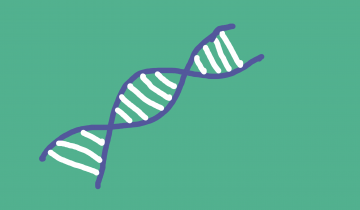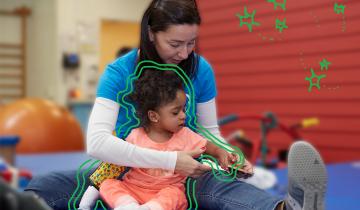Adults with Cerebral Palsy have unique care needs related to physiological changes that occurred with growth and development with Cerebral Palsy, including mental health, yet experience many barriers to proper care.
Cohort-based whole exome and whole genome sequencing and copy number variant (CNV) studies have identified genetic etiologies for a sizable proportion of patients with cerebral palsy (CP). These findings indicate that genetic mutations collectively comprise an important cause of CP.
Cerebral palsy is an injury to the brain, but what we find is that it has a lot of effects on how you use your muscles.

For people with a physical disability, activity is a lifestyle. It's something that can start in physical therapy, but it really is something that has to be carried over into their everyday lives. What has happened over the years is we're understanding the importance of mobility.

To give you an idea about genetic variation between each of us, there are about three million differences in our genetic code. They go to influence the color of our hair and the color of our eyes, the way we walk.

Early interventions for CP should be based on the strongest possible scientific evidence for benefit and should have the smallest possible risk of harm. In the US, early intervention (EI) is a system of services available under the age of 3, to support infants and toddlers with developmental problems and their families as they interact with and care for their child.

